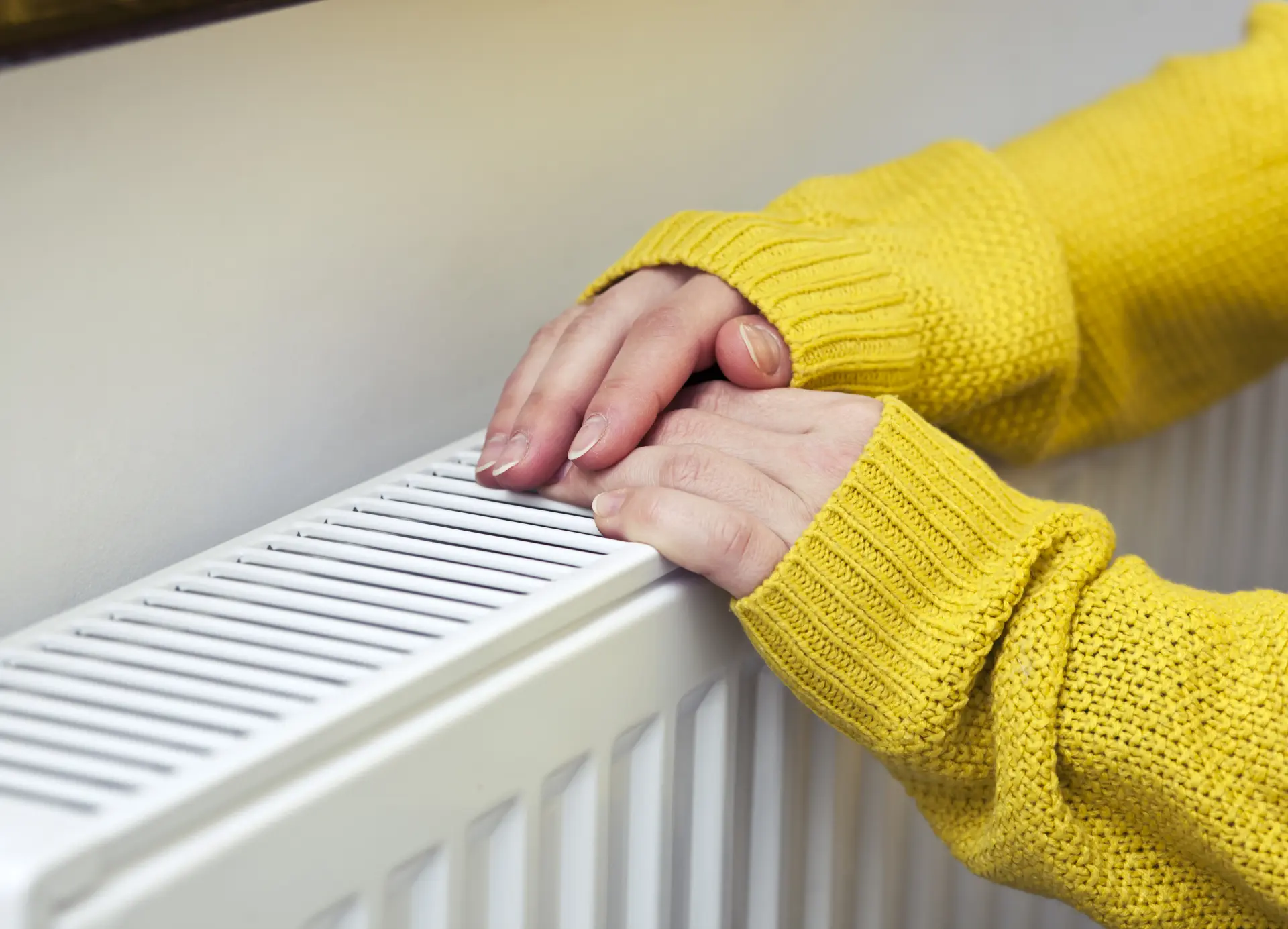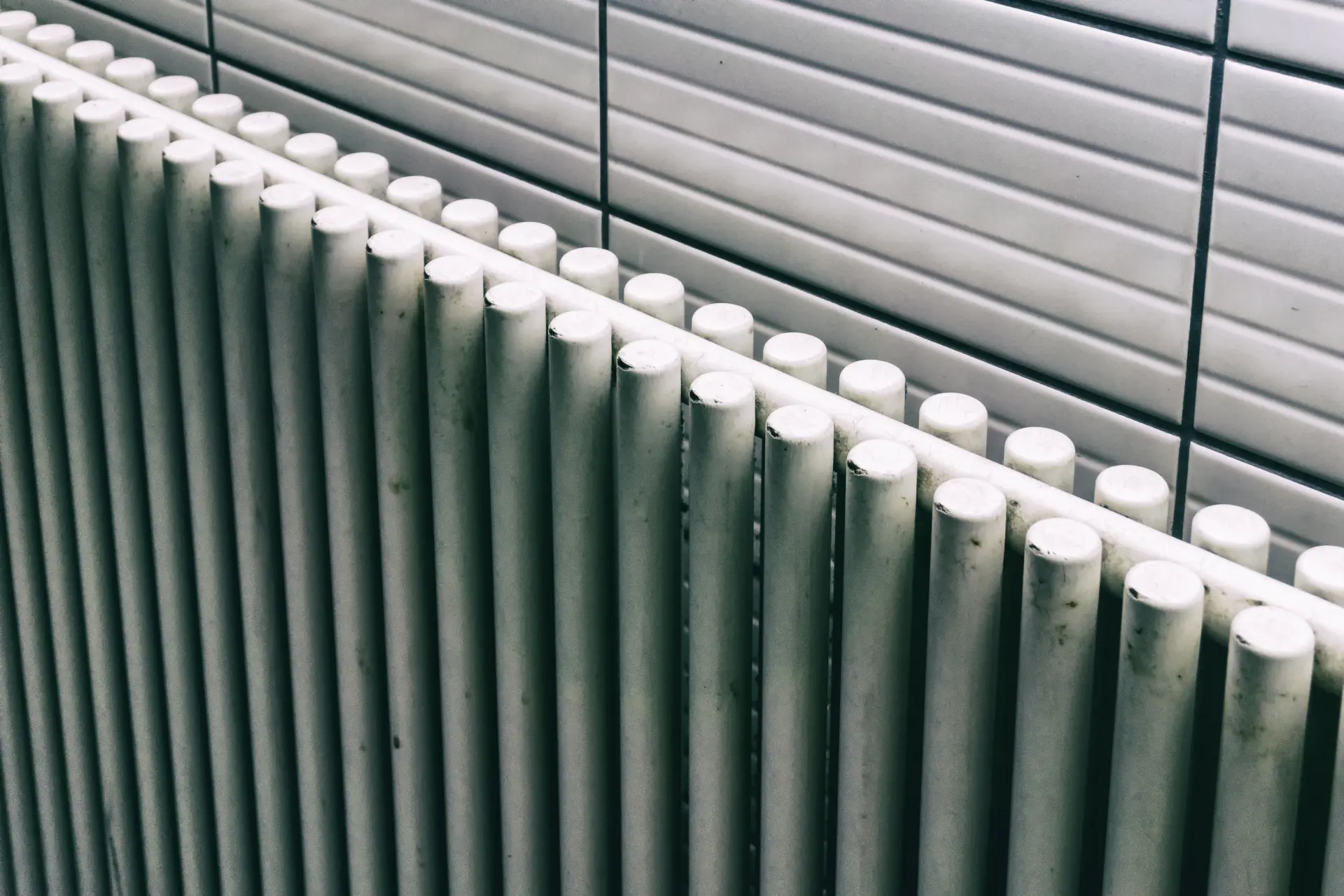We ask: Is power flushing necessary for your home heating system? Learn when it's needed, what it does, and how it helps remove sludge to keep your radiators and boiler working efficiently.
Power flushing helps keep your heating system working properly by clearing out sludge, dirt, and debris from your pipes, radiators, and boiler.
If these things build up, they can stop the water and heat from flowing as they should. In this article, we’ll look at what power flushing does, when it’s needed, and how it can help your system run better.
Signs Your Heating System May Need It
There are some signs to look for that show your heating system might need a power flush:
- Your radiators feel cold at the bottom
- The boiler makes strange noises
- It takes a long time for your home to get warm
- You see dirty or rusty water when you bleed the radiators
- Some radiators don’t heat up properly
These signs often mean there is sludge or dirt stopping the heat from flowing properly.
What Happens If You Don’t Power Flush?
If you don’t power flush your heating system, the dirt, sludge, and debris inside can keep building up.
Over time, this build-up blocks the flow of water through your pipes and radiators, stopping the heat from reaching all parts of your home.
One of the first problems you might notice is that some radiators feel cold at the bottom, or don’t get warm at all.
This is because the sludge has settled there, making it hard for hot water to move around properly. As a result, your rooms might stay chilly, even when the boiler is working hard.

A dirty system also puts extra pressure on your boiler. When the water can’t move freely, the boiler has to work much harder to try and heat your home. This can lead to overheating, strange noises like banging or gurgling, and even complete breakdowns. If the boiler becomes damaged, it can be very costly to fix or replace.
Not power flushing can also mean higher heating bills. Since the system is struggling to do its job, it uses more energy. That means you’re paying more money each month to heat your home, but getting less warmth in return. In the long run, skipping a power flush can shorten the life of your whole heating system. It may lead to more frequent repairs, poor performance, and even early replacement of your boiler or radiators.
Power flushing helps avoid all these problems by keeping everything clean, smooth, and working as it should.
When Is Power Flushing a Good Idea?
Power flushing is a good idea if:
- You’re getting a new boiler but keeping the old radiators
- Your heating system hasn’t been cleaned in many years
- You’ve had problems with sludge, blockages or cold spots
- You want to make your system more energy-efficient
Cleaning the system helps the water flow better, so the heat is spread more evenly around your home
How Often Should It Be Done?
You don’t need to power flush your heating system all the time. For most homes, it’s only needed every 5 to 10 years. How often you should do it depends on how well your system is working and how old it is.
If your boiler, radiators, and pipes are looked after and working properly, you might not need to power flush very often. But if your home has an older system or you start noticing problems, like cold radiators, strange noises, or dirty water when you bleed the radiators, then it could be time for a flush sooner.
Sometimes, people get a power flush when they have a new boiler fitted. This is a good idea because it helps protect the new boiler from old sludge or debris that could still be inside the pipes and radiators. It can also stop blockages and make sure the new system works well from the start.
If you're not sure when your last power flush was, or if you've never had one, it’s a good idea to ask a heating engineer to check your system. They can test the water and let you know if it’s time to clean things out.
Need a power flush in Uppingham, Oakham, Stamford or Rutland?
We can help remove sludge and debris to get your system running smoothly. Click below to learn more, or book a power flush today.

